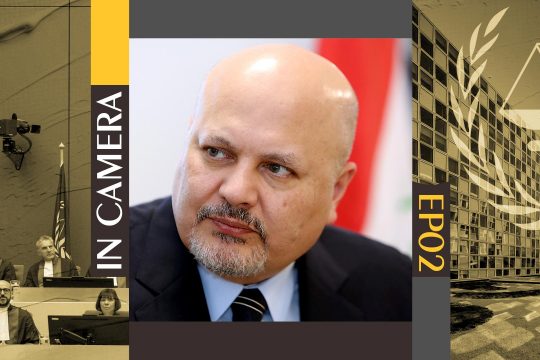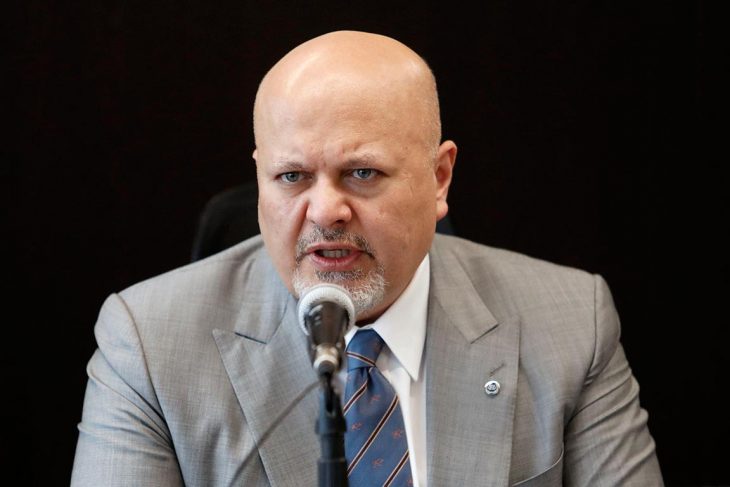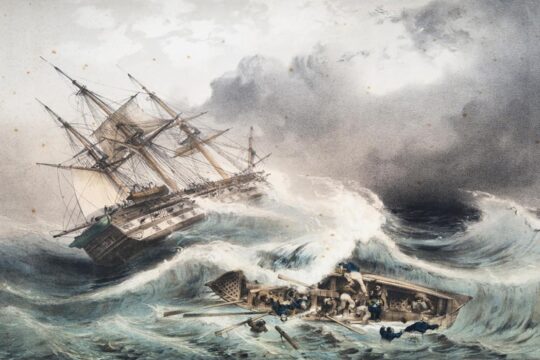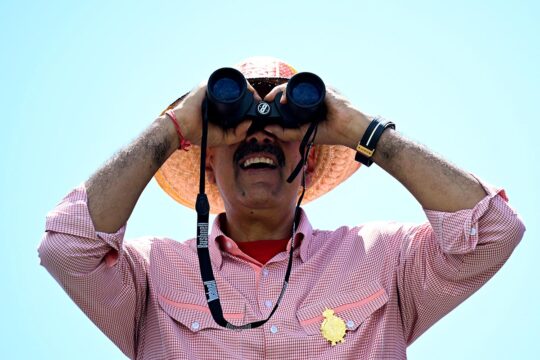To listen to the podcast, click on the "play" button below:
It’s the new prosecutor of the International Criminal Court’s first Assembly of States Parties coming up in December 2021. Six months into his new reign, we try to read the tea leaves and understand the new direction the Office of the Prosecutor is taking.
His predecessor Fatou Bensouda left tonnes of unfinished business on his plate, including new investigations with no funding like Ukraine and Nigeria, plus lots of preliminary examinations, some of which have gone on for decades.
The big decision has been Afghanistan where the prosecutor has said that he has decided to focus his “Office’s investigations in Afghanistan on crimes allegedly committed by the Taliban and the Islamic State – Khorasan Province (“IS-K”) and to deprioritise other aspects of this investigation”.
For a great summary – and challenge over legality of his move – from one of the victims representatives in this situation at the ICC, check this piece out by Nada Kiswanson at Opinio Juris.
Other developments are closing the preliminary examination in Colombia and opening one in Venezuela. Triestino Marinello of Liverpool’s John Moores University, says the prosecutor’s new agreement with Caracas is very much in line with what Khan laid out beforehand to states – that it’s the states role to prosecute – positive complementarity. But he says the MOU has no legal value and undermines the Rome Statute.
And Khan has appeared for the first time at the United Nations Security Council to talk about Libya. Sudan Darfur was also referred by the UN, but trials are going nowhere with a new military in charge in Khartoum. As for Libya , Khan told the Security Council to pay up for the court’s work, because it’s strapped for cash.
Chantal Meloni, who advises ECCHR, has a new report on Libya together with FIDH and Lawyers for Justice in Libya. They say there’s evidence of crimes against humanity against hundreds of migrants from Africa and the Middle East who are stuck in Libya trying to get across the Mediterranean to Europe. The trafficking is very close to slavery, and it’s fuelling the armed conflict, they say. Will the prosecutor turn his attention that way too?
So, coming into the ASP, are we facing a paradigm shift with this new prosecutor? Is he now closer to states? Judges have warned him that he can’t just be impartial but also has to give the appearance of impartiality. Will pragmatism have its limits?

 ASYMMETRICAL HAIRCUTS
ASYMMETRICAL HAIRCUTS
This podcast has been published as part of a partnership between JusticeInfo.net and Asymmetrical Haircuts, a podcast on international justice produced from The Hague by journalists Janet Anderson and Stephanie van den Berg, who retain full control and independence over the contents of the podcast.






